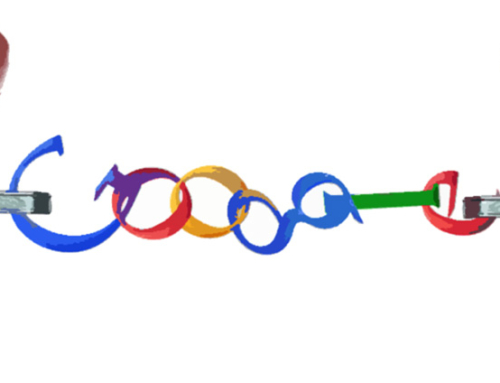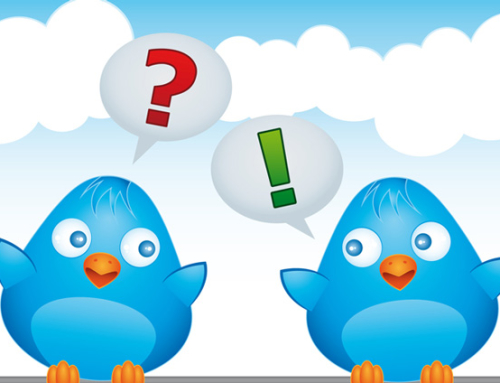Most people know what hashtags are, but one quick look at Facebook and Twitter will show you that the majority don’t actually use them properly. Many business owners, despite being aware of their popularity, often consider hashtags as a waste of time and limited to excitable teens.
Nothing could be further from the truth. In this article, we’ll explore the reasons why hashtags make sense for your business. We’ll also give you 5 legitimate strategies that you can use to help drive your online presence forward.
#Why Use Them?
Let’s start with the obvious question first. Is it actually worth using hashtags, or is it just a waste of time? The statistics provide a clear answer: tweets that use hashtags get twice as much engagement as those that skip adding them. And that’s not all.
 Hashtags also make it easier for existing (and new) users to find relevant information. If you have tweets on the same topic, a trail is simple to find. It’s also a great way of getting targeted leads, as people that land on your feed through hashtags are already interested in the topic you’re covering.
Hashtags also make it easier for existing (and new) users to find relevant information. If you have tweets on the same topic, a trail is simple to find. It’s also a great way of getting targeted leads, as people that land on your feed through hashtags are already interested in the topic you’re covering.
Finally, hashtags tend to improve the reputation of your profile. Visitors will instantly know that you’re legit, relevant, and a consistent source of good information. This will help gain new followers and the sceptics will also know you’re serious about what you publish online.
#5 Great Uses for Hashtags
Right, so we’ve already established that hashtags need to be part of your online presence. But using them effectively is another matter entirely. Use the following use cases as a platform for building your strategy:
- Contests, promotions, sales, or special offers. Anything that has an incentive for the customers.
- Educating your customers – when you Tweet or update your Facebook status, always make sure that you add value.
- Events – Let visitors know of upcoming and past events and link them all via hashtags.
- News – You’ve got the finger on the pulse, correct? When you publish the latest industry news, add a hashtags or two.
- Advocacy – Whether you’re supporting a general cause or an industry-specific issue, don’t forget to insert relevant hashtags.
When you add your hashtags, spend some time thinking about them. Don’t just include anything that comes to mind – each and every character counts and customers won’t appreciate hashtags that make no sense. Here are some tips to create hashtags that will give your tweets traction:
- Relevant and Concise: Keep them short, sweet, and to the point.
- Conversational: You’re trying to get engagement, aren’t you? Make your hashtags conversational.
- Unique: Generic hashtags will never help. Yours should always be unique and focused, not general and common.
Getting your strategy right won’t happen overnight. It takes time and effort to tweak your updates for your specific industry. That’s why tracking is so important. Use purpose-built hashtag apps, analytics, and engagement figures to track your campaigns.
The conclusion is clear: hashtags are worth investing in. Not only will you get more engagement, but your customers will also find relevant information more easily and it will help you get targeted leads. Just make sure that you make your hashtags concise, focused, and not too convoluted.






Leave A Comment
You must be logged in to post a comment.